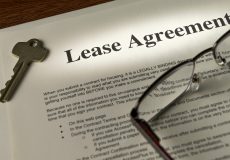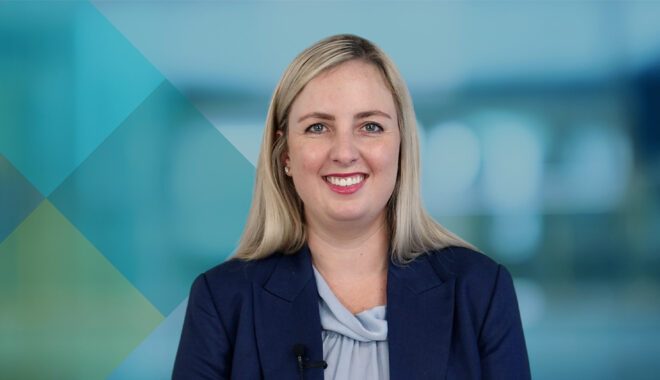Buy and Sell Agreement Lawyers NSW
Buy-sell agreements, in a general sense, provide that the partners agree to sell their interest in the business to the other partners if specified trigger events (usually death or TPD) occur, and each partner agrees to purchase the interest of the outgoing partner.
Buy-sell agreements can also deal with some other related matters including how the value of the interest will be determined, how it will be transferred and how it will be funded.
Valuing the Interest
The usual approach is to engage one of the following two options:
- market valuation (determined by an independent valuer); or
- agreed value (a predetermined price agreed by the partners and reviewed and adjusted as appropriate).
If your buy/sell agreement is separate agreement to your partnership agreement or shareholders’ agreement (as the case may be), I recommend you use the same valuation methodology in both agreements so as to not encourage a partner or shareholder (as the case may be) to exploit the difference to the detriment of the other partners.
Transferring the Interest and Funding Options
Generally, buy-sell agreements are funded by the proceeds of insurance policies taken out on the partners of the business, in relation to their death or TPD. On the occurrence of the death or TPD of the partner, the proceeds of the insurance policy are used to pay for the outgoing partners interest. Of course, issues can arise if only certain partners are able to obtain sufficient insurance coverage.
1. How does funding work when self ownership of insurance policies?
Self ownership involves each partner in business taking out an insurance policy or policies over their own life and/or potential TPD. Upon their death or TPD, the proceeds of the relevant insurance policy are paid to the outgoing partners nominated beneficiary, and:
- the partner’s interest in the business is transferred to the remaining partners for nominal consideration; or
- the partner’s death or TPD triggers an obligation on the outgoing partner (or his/her estate) to make a payment to the remaining partners equivalent to the sum insured, which sum the remaining partners can apply in full or part to purchase the outgoing partners interest.
For self ownership to work, each partner must take out sufficient insurance cover to ensure there are sufficient insurance proceeds available in the event of the partner’s death or TPD.
In the case of option (1), a CGT issue may arise given the outgoing partners interest will have been acquired by the remaining partners for no or nominal consideration. The ATO may take the view that the continuing partners acquired the said interests for no value and will have a nil cost base. Accordingly, when the continuing partners later dispose of the interest, they will potentially have a substantial capital gains liability.
See Also: Capital Gains Tax: Why timing is everything for a seller
If self ownership is adopted, it is important that the families and the nominated beneficiaries of the partners understand the mechanics of the buy-sell agreement so as to not cause complications when death or TPD occurs.
The benefits of self ownership are is relatively simple to set up and maintain and when a partner exits the business, he/she can take insurance policies with him/her.
2. How does funding work when cross ownership of insurance policies?
Cross ownership involves each partner taking out a policy or policies on each of the other partners. The beneficiaries are generally the other partners, and the proceeds payable under the insurance policy are applied in full or part to purchase the outgoing partner’s interest.
It is my understanding that in certain circumstances the proceeds from life insurance policies held by way of cross ownership will be exempt from taxation and that generally the proceeds of TPD policies are taxable. If tax is likely to be payable, then you may choose to increase the level of insurance to cater for any potential tax liability so as the net proceeds are sufficient to fully fund the purchase.
Cross ownership may prove a logistical problem if there are frequent changes of partners.
3. How does funding work if an insurance trust owns insurance policies?
Trust ownership involves the establishment of a trust to take out and own insurance policies on each partner with the trust as the beneficiary. In the event of death or TPD, the insurance proceeds are paid to the Trust, and the Trustee then distributes the proceeds in accordance with the Trust’s rules (generally to the remaining partners). In such case, the remaining partners can apply those proceeds in full or part to purchase the outgoing partners interest.
This type of ownership is well suited to a business that is likely to experience frequent changes of partners.
4. How does funding work if a company owns insurance policies (appropriate for shareholders)?
If your business structure is a company and you and your business partners are shareholders in the company, then this approach may be appropriate.
The company takes out and owns the insurance policies on each shareholder with the company has beneficiary. In the event of death or TPD, the insurance proceeds are paid to the company. The company would then use the insurance proceeds to buy back the outgoing shareholders shares in the company.
Is there a standard buy-sell agreement template I can use?
Yes. Do we recommend using one? No.
Standard buy-sell agreement “templates” can be found online via a quick search on Google. However, these basic templates are written with generic terms and conditions that are unclear, generalised and ambiguous. If you use one of these templates you run the risk of the the agreement being unenforceable.
 Liability limited by a scheme approved under Professional Standards Legislation
Liability limited by a scheme approved under Professional Standards Legislation





















